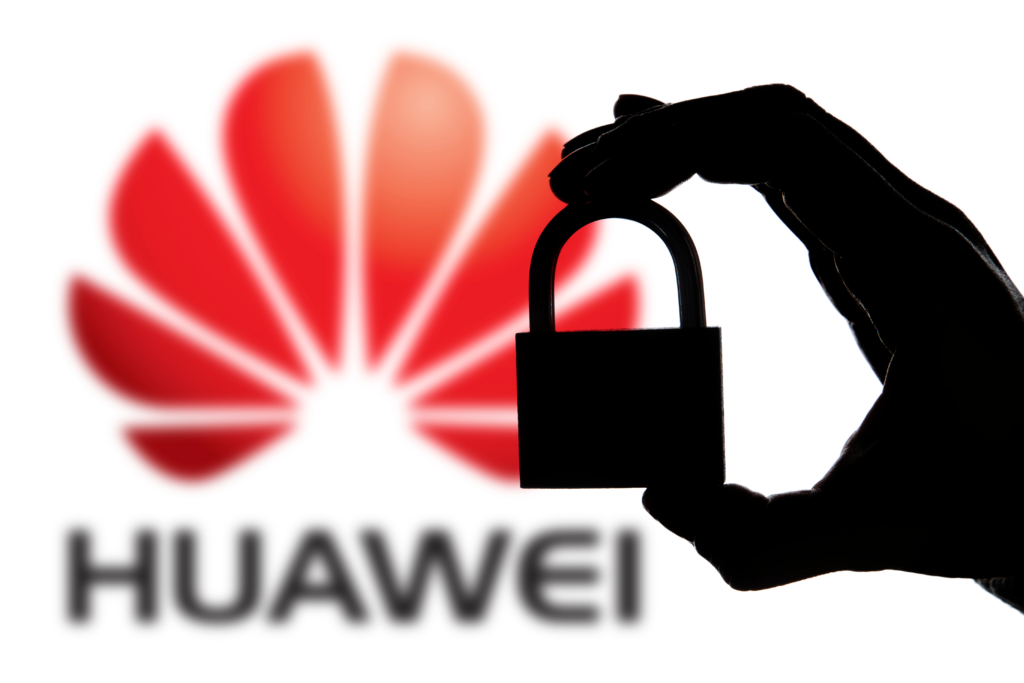By Andrew Victor and Robert Nichols
You’ve probably heard that the U.S. Government is worried that Chinese telecom companies like Huawei and ZTE are spying on us. Although these companies offer U.S. businesses low cost telecom equipment and services, they are legally required to assist the Chinese government in intelligence operations. In response to this threat, Congress enacted section 889(a)(1)(A) of the John S. McCain National Defense Authorization of Act for FY 2019, which prohibits the federal government from acquiring telecom services or supplies from Huawei and ZTE. The FAR Council recently issued an interim rule implementing section 889(a)(1)(A). Here’s answers to some FAQs contractors have about the new rule:
What does the new rule say?
The new rule adds a new section to FAR Part 4 and new contract clauses to Part 52 that prohibit agencies from “procuring or obtaining, or extending or renewing a contract to procure or obtain, any equipment, system, or service that uses covered telecommunications equipment or services as a substantial or essential component of any system, or as critical technology as part of any system.”
How does the new rule define “covered telecommunications equipment and services”?
Under FAR 4.2101 “covered telecommunications equipment and services” refers to equipment and services produced by Huawei Technologies Company or ZTE Corporation, as well as to their affiliates and subsidiaries.
How does the new rule define “substantial or essential component”?
A “substantial or essential component” is any component necessary for the proper function or performance of a piece of equipment, system, or service.
How does the new rule define “critical technology”?
“Critical technology” includes items listed on the United States Munitions List, the Commerce List, nuclear equipment. Basically, “critical technology” refers to things related to national defense—e.g., weapons, missile technology, information related to nuclear proliferation.
When does the new rule go into effect?
The new rule applies to all solicitations issued after August 13, 2019. It also applies to contracts executed after August 13, 2019, even if the solicitation was issued before that date. Contracting officers are also required to modify existing IDIQ contracts to include the new FAR clause in future orders. What’s more, agencies must include the clause whenever they extend the period of performance—including the exercise of an option year—of an existing contract.
What are contractors’ obligations under the rule?
Under FAR 52.204-24 (the new clause now required in all solicitations), offerors must explicitly represent that they either will or will not be providing equipment or services from Huawei or ZTE. If a contractor plans to provide “covered equipment and services” it must: (1) provide the brand and model number of any equipment; (2) provide the name, entity identifier, and CAGE Code of any entity providing services or equipment; and (3) explain how the equipment and services will be used in performing the contract.
Notably, we have received inquiries from clients whether the U.S. Government maintains a list of Huawei and ZTE affiliates and subsidiaries. Our contacts at government agencies are unaware of a centrally-maintained list. Regulatory implementation of section 889(a)(1)(A)’s restrictions places the onus on contractors to ensure their supply chains lack the prohibited equipment.
Can the government waive the prohibition on equipment and services from Huawei and ZTE?
Yes, under FAR 4.2104, the head of an executive agency may, on a one-time basis, waive the prohibition. To obtain a waiver, a government entity must provide (1) a compelling justification for additional time needed to implement the new rule, (2) a complete description of the equipment and services used, and (3) a plan to phase them out. The waiver may not extend past August 13, 2021.
What happens if a contractor discovers that it or one of its subcontractors is using prohibited equipment or services?
Under FAR 52.204-24, the contractor must report the use of covered equipment within one business day of discovery. The contractor shall file the report with a contracting officer or, if it’s a DoD contract, submit a report to https://dibnet.dod.mil. The report must include information about mitigation actions taken and recommended. Within 10 days of the initial report, the contractor must provide any further information about steps taken to mitigate.
What happens if a contractor misrepresents or does not report use of prohibited equipment or services?
The agency could terminate the contract and it might also sue the contractor for re-procurement costs. Further, the U.S. Government, through the Department of Justice, may pursue other remedies, such as a suit under the False Claims Act.
